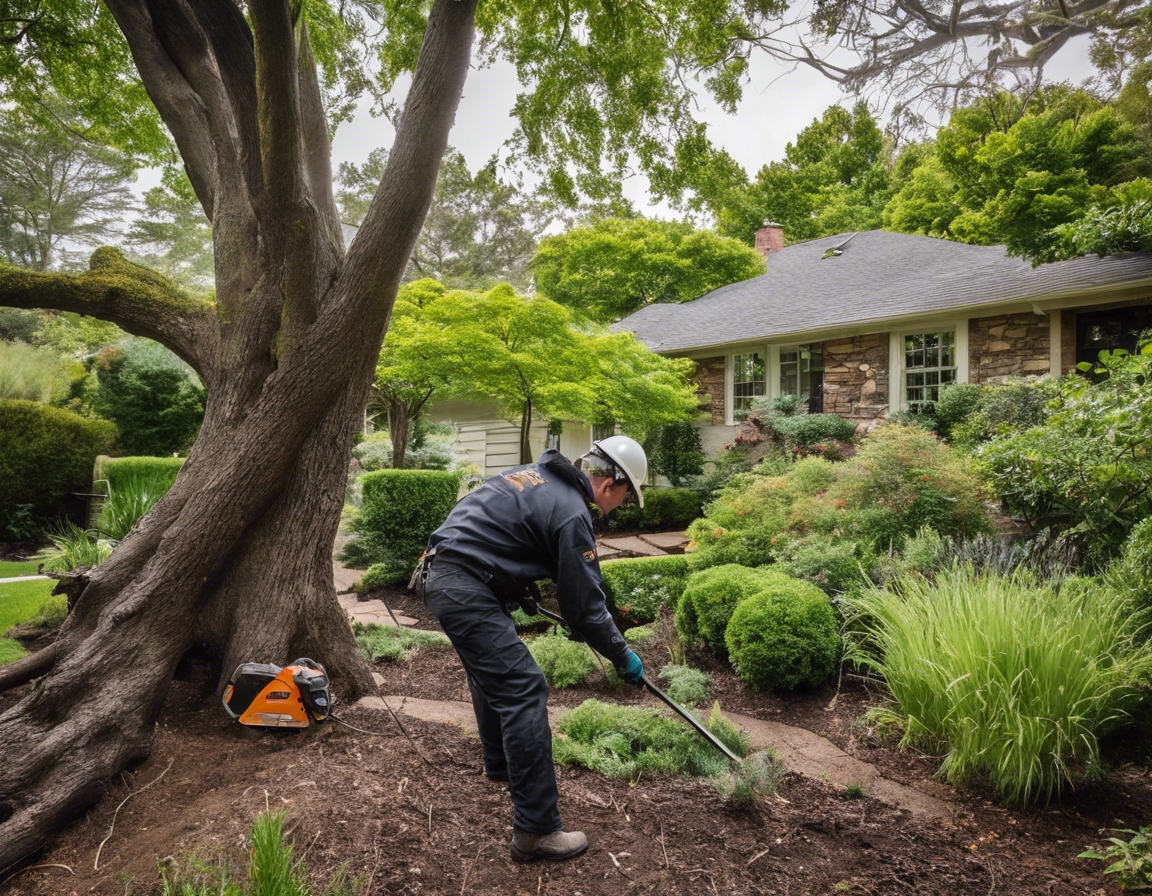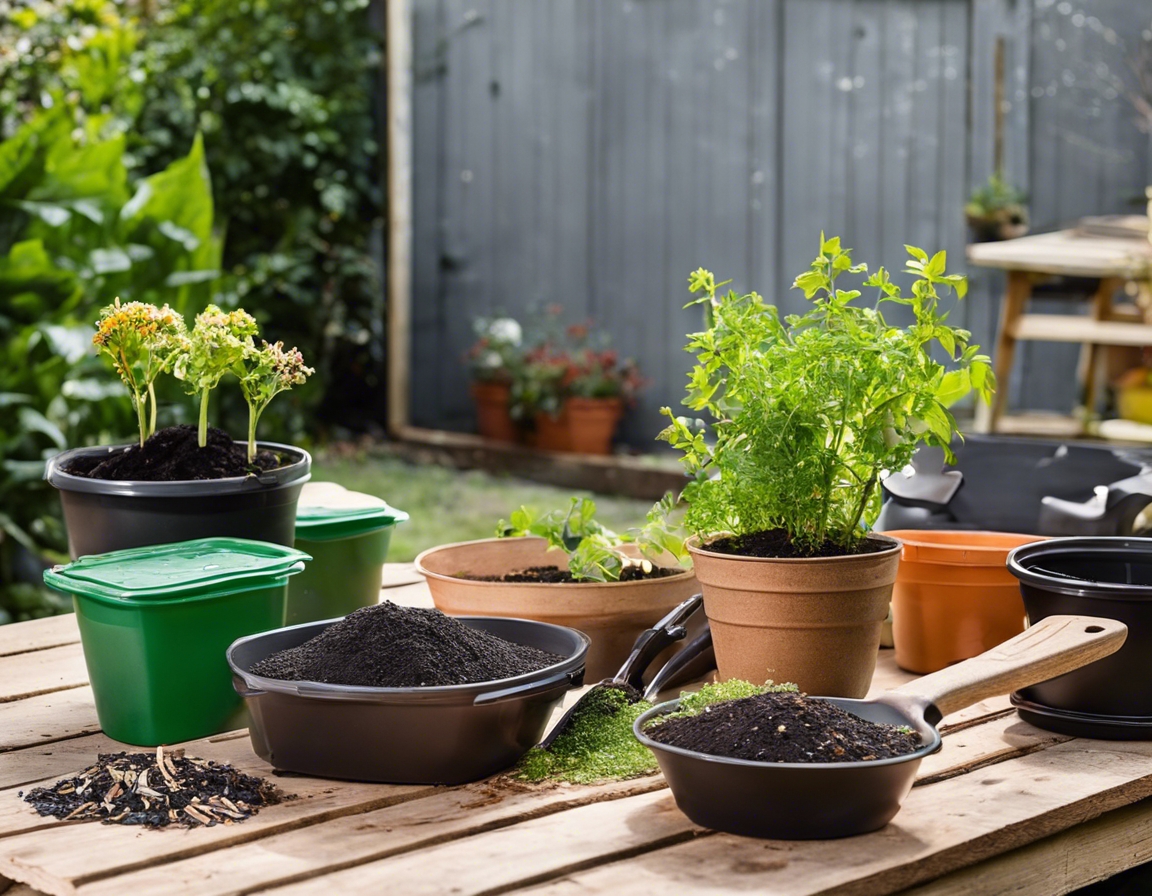5 tips for eco-friendly lawn maintenance
As environmental awareness grows, homeowners, commercial property managers, and local municipalities are seeking ways to maintain their lawns in harmony with nature. Eco-friendly lawn maintenance not only benefits the environment but also promotes a healthier outdoor space for everyone to enjoy. Here are five tips to help you maintain a lush, green lawn the eco-friendly way.
Tip 1: Organic Lawn Treatments
Organic fertilizers are derived from natural sources and are better for the soil and the environment. They release nutrients slowly, improving soil structure and promoting healthy root growth.
Composting kitchen scraps and yard waste creates a rich soil amendment that nourishes your lawn without the need for chemical fertilizers. Natural pest control methods, such as beneficial insects and organic pesticides, help manage pests without harming the ecosystem.
Tip 2: Water Conservation Strategies
Water your lawn deeply but infrequently to encourage deep root growth and drought resistance. Early morning watering reduces evaporation and helps prevent fungal diseases.
Choosing grass varieties that are naturally drought-resistant can significantly reduce your lawn's water requirements. These grasses are well-adapted to local climate conditions and require less maintenance.
Tip 3: Eco-Friendly Mowing Techniques
Mowing your lawn at the correct height and frequency can reduce the need for watering and fertilizing. Taller grass shades the soil, reducing water evaporation and weed growth.
Mulching mowers return grass clippings to the lawn, providing a natural fertilizer and moisture retention. This practice also reduces yard waste and the need for additional fertilizers.
Tip 4: Cultivating Biodiversity
Incorporating native plants into your lawn design supports local ecosystems and reduces maintenance. Native species are adapted to the local climate and typically require less water and care.
Designating areas of your lawn for flowering plants can create habitats for bees, butterflies, and other pollinators. This biodiversity is crucial for a healthy environment and can make your lawn a showcase for natural beauty.
Tip 5: Reducing Chemical Use
Using natural alternatives to synthetic herbicides and pesticides can protect the environment and reduce exposure to harmful chemicals. Vinegar, boiling water, and certain plants can be effective weed and pest deterrents.
IPM is an approach that combines different management strategies and practices to grow healthy grass that can resist pests and diseases naturally. This method reduces the need for chemical interventions.
Conclusion: The Benefits of Eco-Friendly Lawn Care
Eco-friendly lawn care is not only better for the planet but also for your health and the health of your community. By following these tips, you can maintain a beautiful lawn that supports the environment and preserves the natural beauty of Harjumaa and surrounding regions.






Comments (0)